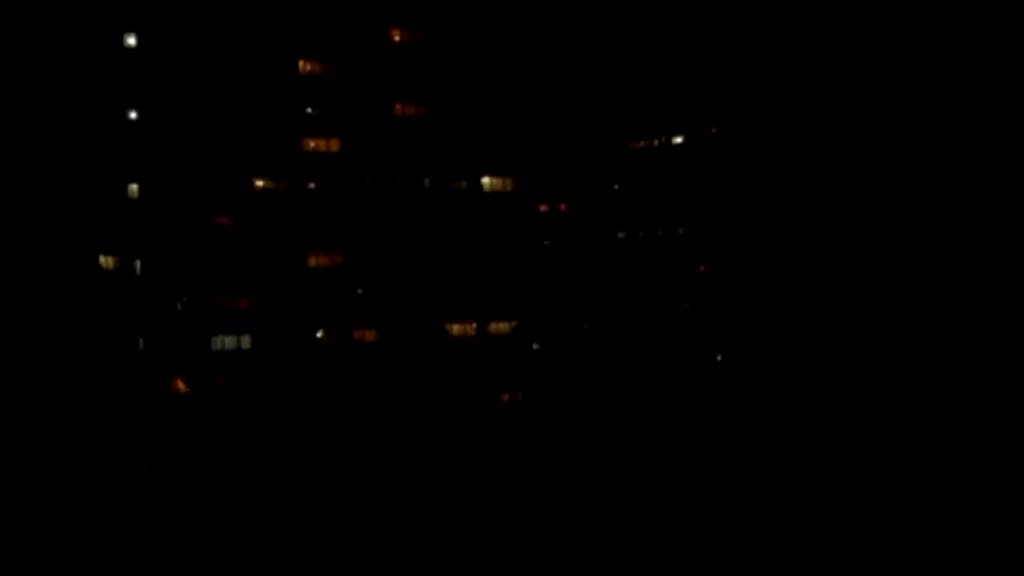PhD project, Pedram Dibazar (2012-16)
This project is concerned with space as it is lived, experienced, mediated and produced in everyday life. It is also about non-conformist ways of being present in the highly structured and ordered regime of publicness in Iran. Its primary aim is to critically analyse the realm of the public in Iran by establishing connections between specific spaces, times, performativities and aesthetics.
To this end, this project introduces four specific spatio-temporalities: the space inside a moving car, urban rooftops, shopping centres, and the realm of the sports. These spatilities are conceptualised as forms of everyday engagement which not only commonly constitute everyday lived experience in Iranian cities, but also are instrumental to the construction of visual, narrative and communicative modes of engagement with the city and its citizens at large. By analysing these conceptual formations as addressed within cultural and social sphere, this project seeks to explore the ways in which people strive to make themselves ‘seen, heard and felt’ in ways that do not necessarily comply with the dominant orders of the visible. The central argument of the project is that modes of everyday presence in urban Iran could best be conceptualised as the politics of non-visibility: intricate ways of less-visible, yet sensible and affective, engagement with the everyday that are feasible and effective so long as they sustain certain levels of familiarity, anonymity, inconspicuousness and ordinariness. This politics therefore engages with the interrelation between notions of visibility and non-visibility, publicness and privacy, presence and absence, transparency and ambiguity, specificity and anonymity, exceptionality and ordinariness, and exposure and security. It follows that everyday moments of critique (in the form of resistance to the conformist ways of being public) are enacted in the furtive and liminal conditions, in the space between visibility and non-visibility, absence and presence.

